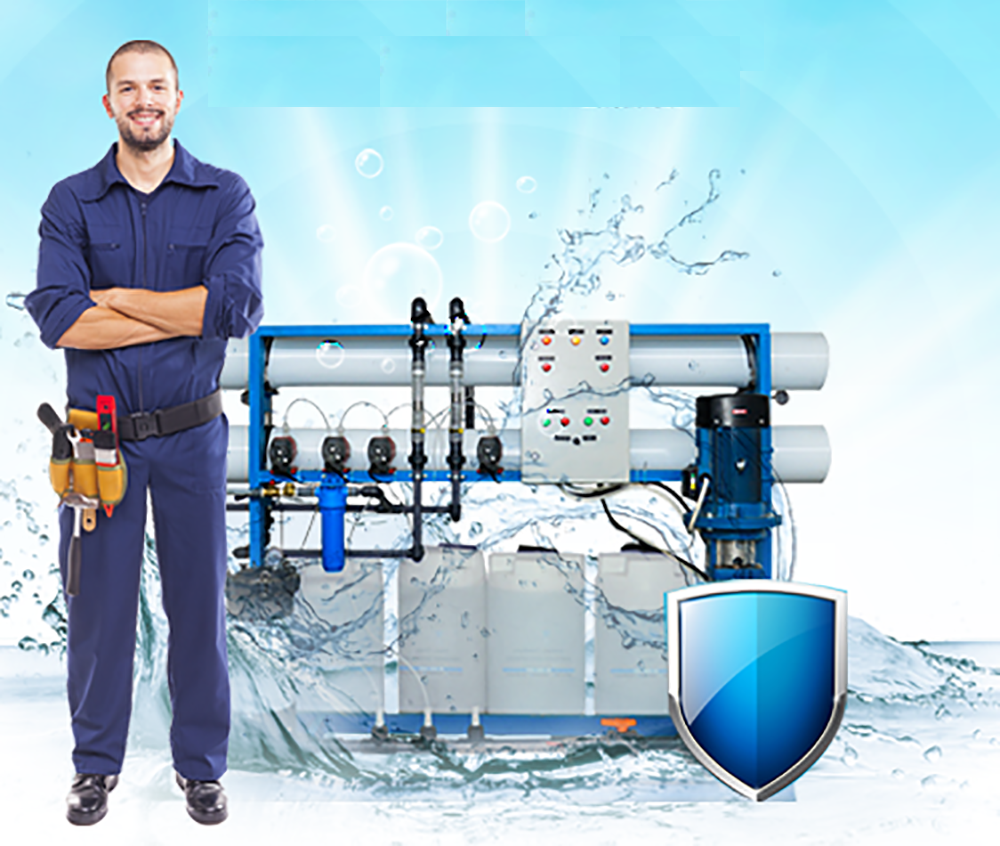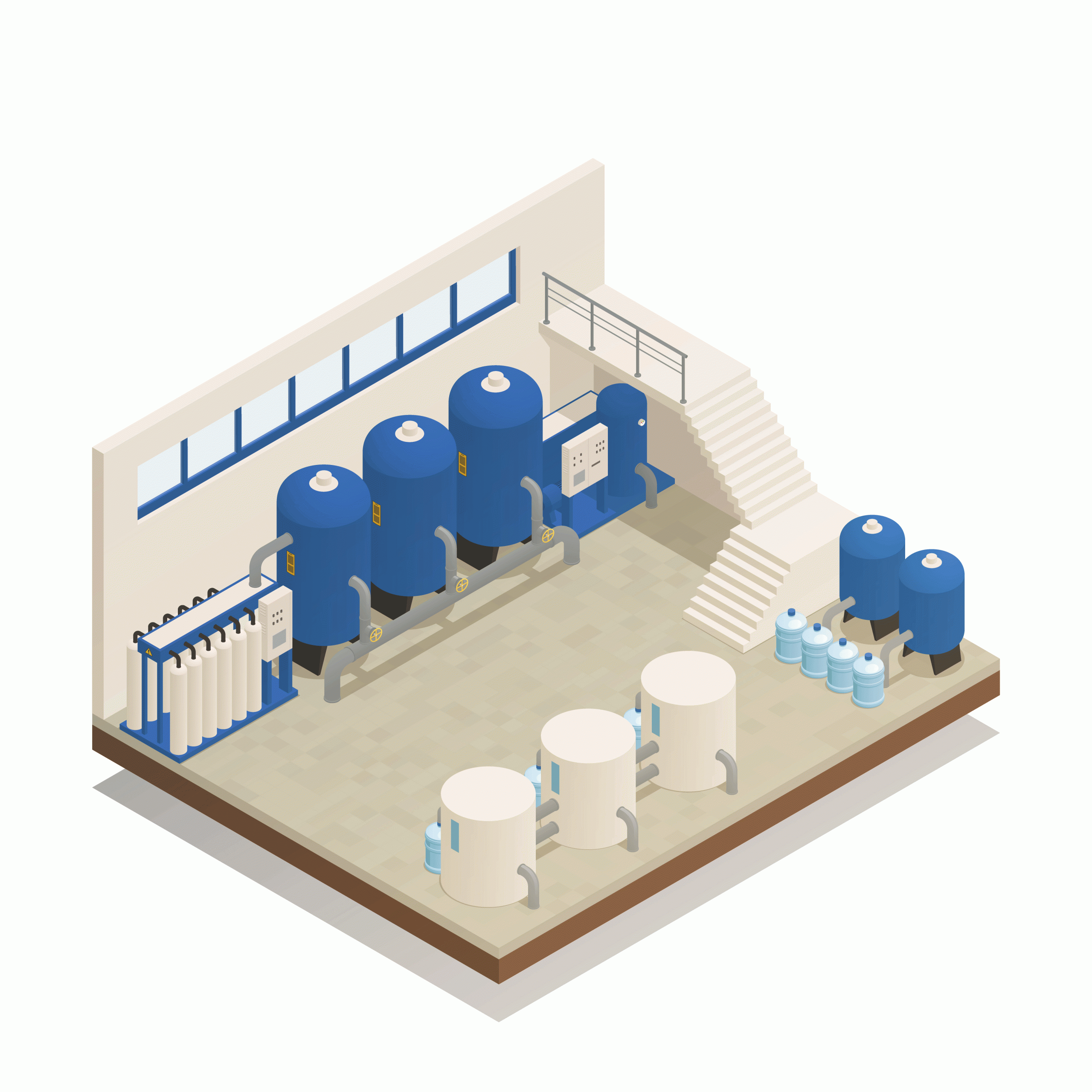
Food factories and water treatment
Water is the main component of life. Many industries in the market depend on water resources. Many water resources have been taken for granted by the industrial sector. Aside from many industries, the use of water treatment in food factories is important as a water-intensive industry.
Challenges of food factories
Today’s manufacturing companies operate in an increasingly challenging environment where industrial water treatment is of critical importance. These challenges include: meeting environmental commitments, improving operational efficiency, and reducing operating and maintenance costs. Additional challenges include the effects of water scarcity and increasingly stringent effluent disposal regulations on this water-intensive business.
Efficient management, reuse, and recycling of wastewater and treated wastewater are some of the ways to achieve a triple benefit for our industrial customers. These benefits include lower discharge costs, lower source water costs, and a positive impact on the environment.
Water treatment in food factories
Water and wastewater treatment Reuse involves specifically treating water according to certain water quality standards. This industrial source water often contains a range of chemical contaminants, dissolved solids, suspended solids, organic and mineral compounds, minerals, solvents, salts, BOD, COD among other potential components at varying levels of toxicity. Due to the complexity and water quality requirements, It requires a specific framework approach for each type of wastewater depending on the industry and application.
Carewater provides design and construction services for a water treatment plant to handle industrial process water and wastewater.
Water treatment plants in food and beverage factories
The agricultural industry requires water that is free of pollutants to produce healthy crops. The water supplied to agricultural farms must be of high quality for safety issues. Likewise, the beverage/food industry must adapt developed technologies to deal with such challenges.
Reports indicate that these industries are the main contributors to industrial pollution worldwide releasing hazardous and polluted water back into the environment. It is necessary to set Strict standards for industries for the discharge of wastewater. Hence, it has become necessary for industries to treat wastewater before it is released into the environment.
Benefits offered by water treatment plants in food and beverage factories
We must design water treatment plants to ensure that we can treat wastewater and make it usable. We can divide the treatment process is into different stages that ensure good water quality. It is necessary to install wastewater treatment plants in food and beverage plants to reap a number of benefits:
Waste reduction
Wastewater treatment plants are responsible for refining water by removing a huge amount of waste from the water before releasing it into the environment. This dramatically reduces health risks with mounting environmental pollution.
Energy production
A large amount of sludge collected during the treatment process includes a large number of degradable materials. This is treated as an anaerobic process that produces methane. The methane gas produced during the process is used to generate electricity which is ultimately useful for the operation of the wastewater treatment plant.
Fertilizer production
we can convert biodegradable materials in wastewater into natural fertilizers, So we can use them in the agricultural sector and increase agricultural yields. This reduces the use of chemical fertilizers.
Reusable water
Once we treat water, wastewater produces reusable water that we can use for any other purposes in industry, on agricultural land, or we can transport to a residential area for multiple uses.
Maintaining the safety and high quality of food and beverage processing
We treat and refine water, so we can use it to produce safe, high-quality food and beverage products.

























